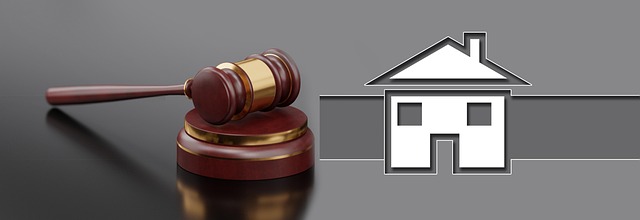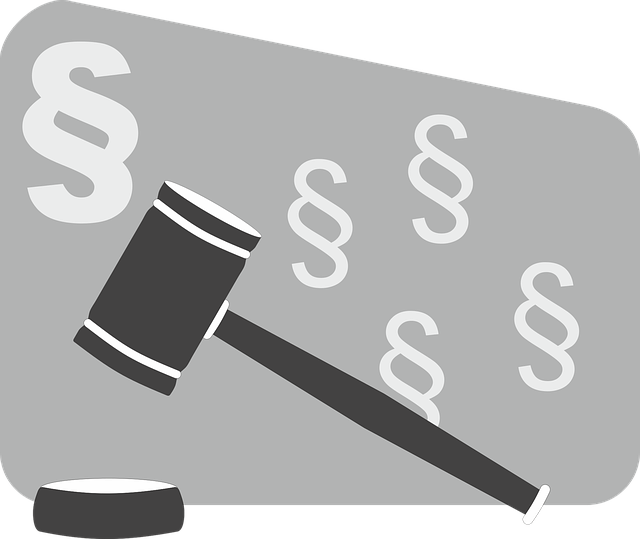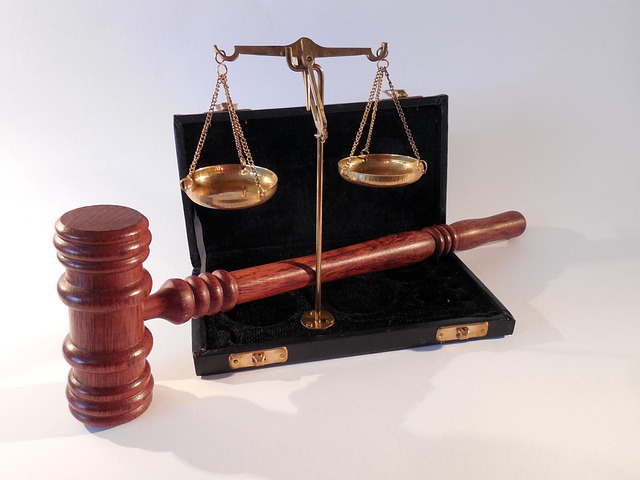Defamation law protects reputations by preventing the spread of false information. To prove a defamation claim, individuals must establish a false statement, resulting harm, and evidence of damage to professional and personal life. Criminal defense attorneys specialize in navigating complex jurisdiction laws, challenging plaintiffs' claims, and proving damages, including economic losses and reputation harm. They use strategic approaches, such as expert testimony and document evidence, to protect clients' rights and preserve their track records in philanthropic and political communities. Evaluating damages involves quantifying economic losses and presenting compelling narratives for non-economic damages, ensuring just compensation in these high-stakes cases.
Criminal Defense Attorneys play a pivotal role in navigating complex defamation cases, where understanding the nuances of defamation law is paramount. This article delves into defining and discerning the elements of a defamation claim. We explore how these attorneys defend clients against such allegations and highlight legal standards for proving actual damage.
Furthermore, it examines the evaluation of economic and non-economic losses, enriched with case studies demonstrating successful damages claims in defamation cases, offering valuable insights for both practitioners and enthusiasts alike on proving damages in these intricate legal battles.
- Understanding Defamation Law: Definitions and Elements of a Claim
- The Role of Criminal Defense Attorneys in Defamation Cases
- Proving Actual Damage: Legal Standards and Strategies
- Evaluating Economic and Non-Economic Losses
- Case Studies: Successful Damages Claims in Defamation
Understanding Defamation Law: Definitions and Elements of a Claim

Defamation law plays a critical role in protecting individuals’ reputations and preventing the spread of false information. At its core, defamation involves making a false statement about someone that damages their reputation, often leading to social exclusion or loss of standing in their community. To prove a defamation claim, several key elements must be established. First, there must be a false representation of fact—a statement that deviates from the truth. This falsehood can take various forms, including written, verbal, or even visual depictions.
Understanding what constitutes damages is another crucial aspect. In defamation cases, proving damages often revolves around demonstrating harm to one’s professional and personal life. This can include losses in business or employment opportunities, as well as psychological distress caused by the false accusations. The impact on a person’s relationships within the philanthropic and political communities, for instance, can also be considered when assessing damages. An attorney specializing in criminal defense and white-collar cases will help navigate these complexities, ensuring that clients’ rights are protected and their unprecedented track records remain intact.
The Role of Criminal Defense Attorneys in Defamation Cases

Criminal Defense Attorneys play a pivotal role in defamation cases, where an individual or entity makes false statements that harm another’s reputation. Their primary task is to protect their client’s right to a fair trial and ensure they receive a just outcome. Defamation laws vary by jurisdiction, but attorneys are crucial in navigating these complexities. They help clients understand the legal standards for proving damages, which can include both economic losses and harm to one’s reputation.
Through skilled cross-examination of witnesses, thorough examination of evidence, and robust argumentation, defense lawyers challenge the plaintiff’s case. Their goal is not to prove their client said something true but rather to demonstrate that the statement, even if false, did not cause actual damage or that the plaintiff cannot prove the necessary elements of defamation with compelling evidence. This involves strategic decision-making regarding when and how to present a defense, often culminating in jury trials where the respective business interests and reputations are at stake.
Proving Actual Damage: Legal Standards and Strategies

In criminal defense, proving actual damage is a critical aspect of cases involving defamation. To establish harm in such cases, legal standards require demonstrating that the defendant’s actions have caused significant and verifiable injury to reputation or economic loss. This involves presenting compelling evidence that showcases the impact of defamatory statements on the plaintiff’s personal or professional life. Strategies for achieving this include gathering testimonials from colleagues, friends, or business associates who can attest to the change in social standing or professional opportunities due to the false accusations.
Additionally, documenting financial losses resulting from the defamation is crucial, especially in cases where a general criminal defense strategy encompasses both criminal and civil proceedings. This may involve showing a decline in revenue, loss of contracts, or increased legal fees incurred as a result of the defamatory campaign. In defending against such claims, attorneys must master these legal standards and employ strategic approaches to present a compelling case for their clients, aiming to achieve extraordinary results while also demonstrating an understanding of the unique dynamics within philanthropic and political communities that may be affected by defamation cases.
Evaluating Economic and Non-Economic Losses

When evaluating a case for criminal defense, particularly in defamation lawsuits, assessing economic and non-economic losses is paramount. Economic damages refer to quantifiable financial losses, such as lost wages or revenue, medical expenses, and legal fees incurred due to the defendant’s actions. Proving these damages in high-stakes cases becomes an art, requiring meticulous record-keeping and expert testimony to showcase the direct impact of the defamation on the plaintiff’s finances.
Non-economic losses, however, are more intricate. These encompass elements like emotional distress, pain and suffering, and reputational harm. In unprecedented track record jury trials, these damages can be subjective and challenging to quantify. Legal strategists must adeptly navigate this landscape, employing compelling evidence and narratives that resonate with the jury to demonstrate the profound impact of defamation on a person’s life and reputation.
Case Studies: Successful Damages Claims in Defamation

In the realm of criminal defense, attorneys often find themselves navigating complex scenarios, especially when dealing with defamation cases. Successful damages claims in defamation serve as a crucial testament to the strategic prowess of these legal experts. When representing clients in high-stakes cases, understanding how to prove damages is essential for securing favorable outcomes. This involves meticulously examining the respective business interests and reputations at stake, ensuring every aspect of the investigative and enforcement process is thoroughly explored.
Attorneys specializing in criminal defense must be adept at gathering evidence and presenting compelling arguments to demonstrate tangible harm caused by defamatory statements or actions. By employing strategic case studies, they can illustrate effective methods for quantifying damages, which are often subjective yet critical in achieving just compensation for their clients. This approach underscores the significance of a well-crafted legal strategy in navigating the intricate landscape of defamation litigation.
Criminal defense attorneys play a pivotal role in navigating defamation cases, ensuring clients’ rights are protected. Understanding the intricate legal landscape of defamation, including defining elements and proving actual damage, is key to successful claims. This article has explored strategies for evaluating economic and non-economic losses, with case studies highlighting effective approaches. By mastering these aspects, legal professionals can effectively represent individuals facing defamation charges, emphasizing the importance of proving damages in these complex cases.






